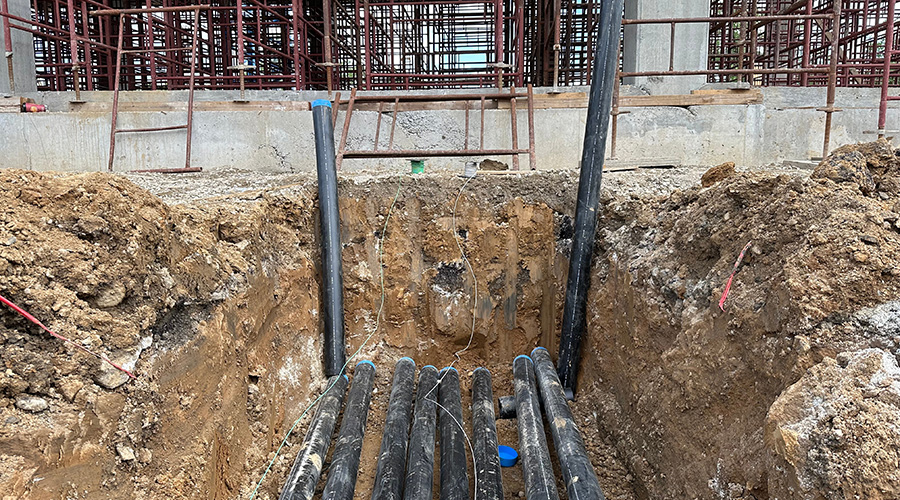
K-12 School Upgrades: Challenges and Resources
Congressional brief reminds managers that federal funds are available to help districts perform essential upgrades. November 21, 2024
By Dan Hounsell, Senior Editor
The state of many of the nation’s K-12 school districts is dire. While this information is not new to maintenance and engineering managers in public school districts nationwide, a recent brief from a Congressional committee offers managers a reminder that federal funds are available to help districts perform upgrades that will offer critical benefits.
“When schools and districts take advantage of federal funding opportunities, they’re supporting their students and the environment while saving money that can be used for other purposes like raising teacher wages,” according to the brief from the Congressional Joint Economic Committee, which reviews economic conditions and recommends improvements in economic policy. “They are also ensuring that school infrastructure will be in a better position to face the growing threat of climate change and keep students safe.”
The brief offers several observations and insights on the challenge of maintaining and improving the nation’s public schools:
- The average age of school buildings is 49 years, and more than one-half have “never undergone any major renovations” since they were built around the time of the Vietnam War.
- The average age of U.S. school buildings is 49 years, and an estimated 53 percent have never undergone major renovations.
- One study shows that each dollar spent on renovating structures to use modern building codes can save $11 by averting post-disaster costs.
- Modern school ventilation that improves air quality and retrofitted electric school buses, for example, are proven to have benefits for students’ school attendance, test scores, and health.
- Natural light, functioning school HVAC systems and quality classroom acoustics can help improve students’ ability to focus and better absorb information. For example, taking an exam on a 90-degree day results in a 12.3 percent higher chance of failing than taking it on a 72-degree day, according to a study of high school students.
- Managers can tap into several new sources of federal funding available through the American Rescue Plan, Bipartisan Infrastructure Law and Inflation Reduction Act.
Dan Hounsell is senior editor for the facilities market. He has more than 30 years of experience writing about facilities maintenance, engineering and management.
Next
Read next on FacilitiesNet












